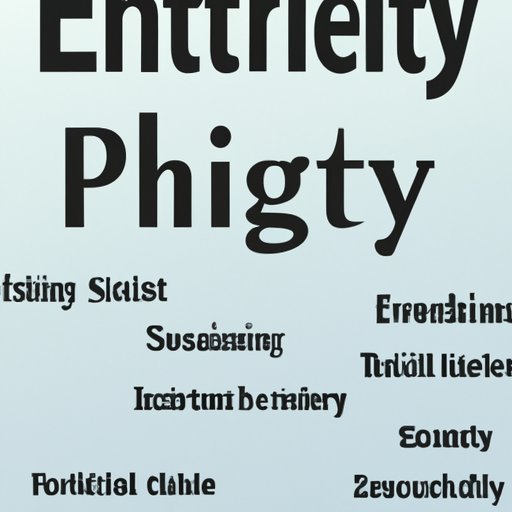Introduction
A work of literature is a piece of writing that has been carefully crafted to express ideas, emotions, and stories. It can be a novel, poem, play, or even a song. Literature has been around for centuries, and it continues to shape our lives and our understanding of the world. In this article, we’ll explore what a work of literature is, its role in society, how to analyze it, and the benefits of reading literature.

Definition of a Work of Literature
A work of literature is any type of writing that has been composed with the intention of expressing thoughts, feelings, and stories. According to Merriam-Webster, literature is “writings in prose or verse; especially: writings having excellence of form or expression and expressing ideas of permanent or universal interest.”

Types of Works of Literature
There are many different types of works of literature. These include novels, short stories, plays, poems, sonnets, epics, and more. Each of these types of literature has its own unique characteristics and purpose.

The Role of Literary Works in Society
Literary works have played an important role in society for centuries. They can provide insight into different cultures and beliefs, help us understand history, and provide entertainment. They can also inspire us, challenge us, and help us think critically about the world around us.
How Literary Works Influence Society
Works of literature can influence society in a variety of ways. They can provide us with a glimpse into other cultures and times, help us understand difficult topics, and open up conversations about important issues. They can also provide us with a way to escape from reality and explore new worlds. Some notable works of literature that have had a major impact on society include To Kill a Mockingbird by Harper Lee, The Catcher in the Rye by J.D. Salinger, and Animal Farm by George Orwell.
Analyzing a Work of Literature
When analyzing a work of literature, it’s important to understand the context of the work. This includes looking at the author’s background and the time period in which the work was written. It’s also important to explore character development, examine the theme and plot, and look for symbolism. By doing this, you can gain a better understanding of the underlying messages in the work.
Benefits of Reading Literature
Reading literature is beneficial in many ways. It can help expand your perspective, develop critical thinking skills, and strengthen empathy. Studies have shown that reading literature can also improve communication skills, increase knowledge, and reduce stress levels. Additionally, reading literature can help us process our own emotions and experiences, as well as reflect on the world around us.
Conclusion
Works of literature are powerful tools that can shape our understanding of the world and ourselves. They can provide insight into cultures and times, help us think critically, and expand our perspectives. Analyzing a work of literature can help us gain a better understanding of the underlying messages, and reading literature can provide us with a variety of benefits. From increasing knowledge to improving communication skills, reading literature can enrich our lives in many ways.
(Note: Is this article not meeting your expectations? Do you have knowledge or insights to share? Unlock new opportunities and expand your reach by joining our authors team. Click Registration to join us and share your expertise with our readers.)
